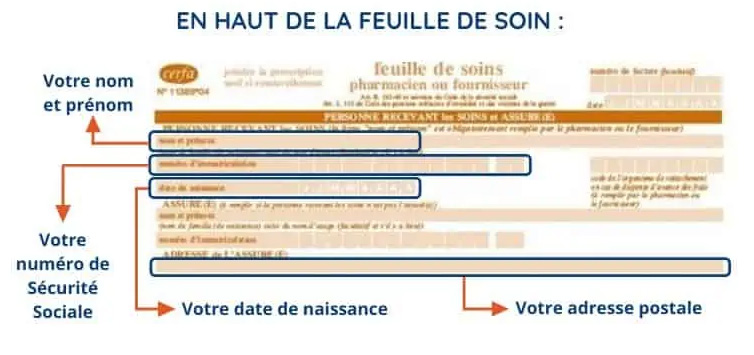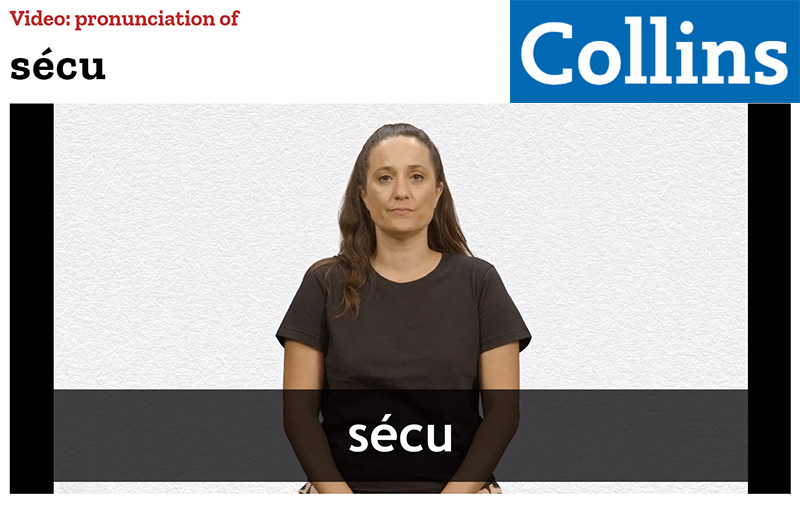Reflections from an old timer in Paris: La Sécu
The first time I took my toddler to a see a doctor in Paris many, many years ago, I received a prescription a mile long. Back in the 1980s antibiotics were given for every ailment (common sense has since prevailed) but there were other, strange sounding names such as sérum physiologique, a saline solution for squirting up the nasal passage, unpleasant but efficient for blocked-up noses, and le suppositoire for a different passage, which actually proved useful for small children, but neither of which were in common use in Britain at the time.
We had just arrived from Hong Kong and hadn’t a bean. Not even the La Sécu, since to obtain a social security number one had to be working, if not born in France. But someone had told me about the PMI, Protection Maternelle et Infantile, which, at the time anyway, provided free medical care for mothers and babies. Perhaps the doctors there were just being kind by adding numerous basics to the prescription so that people obtained them free of charge. Those acts of kindness may even have accounted for a portion of the trou de la sécu we kept hearing about, that permanent social security deficit. Gradually, and thanks to a book I had bought from England called “Home Doctor” and the more ancient “Our Bodies Ourselves” from my hippie period, I soon learnt to discriminate between the truly necessary and the superfluous.

Once we did obtain the right to la sécu in those pre-Carte Vitale days, I had to learn how to fill in those long brown and white forms hoping the reimbursement would come quickly – which I must admit, it generally did.
In practical terms, my first problem was linguistic, for I had trouble with the cuillère à café stipulated for measuring the medication. I managed to unearth some tiny silver coffee spoons I had inherited from my mother, cursing as medicine overflowed from the minute surface. It took a while for me to realise that this was merely a cultural difference in basic national beverage; what I really needed was a good old teaspoon.
One strangely named medication that appears on every prescription to this day is Doliprane. It sounds like medication for toys, although the ‘dol’ part comes from dolor, the Latin word for pain. However, I have yet to understand why a brand name should be systematically prescribed instead of the generic paracetamol. From my French mother-in-law in Grasse I leant that some complicated and serious-sounding names were just common ailments. An otite was an earache while an angine had nothing to do with severe chest pain but meant a sore throat – though it came in two versions, a rouge and a blanche, the latter being tonsillitis which really did require antibiotics. She also taught me that after a course of antibiotics it was useful to take Ultra-Levure, a yeast-based probiotic, long before such things became a trend.
In addition to children’s ailments there were names for specifically French ones such as the crise de foie, which generally refers to over-eating or indigestion, and jambes lourdes, or heavy legs, apparently a problem with circulation. Les reins, or kidneys, seemed have a wealth of meanings. Avoir mal au reins, I learnt, did not mean that your kidneys hurt but that you had lower back pain. I wonder if anyone remembers the English spoof of the Serge Gainsbourg/Jane Birkin song, ’Je t’aime, Moi non plus’. That deadpan English narration over the sexily whispered French words, ‘Je vais et je viens, entre tes reins’ rendered as ‘I go and I come, between your kidneys…’.
The word ‘loins’ would not of course have had the same effect!
By Krystyna Horko, an old timer in Paris (since the early 80s). Krystyna is currently looking for a new custodian for her mother’s 1955 seventeen volume British Encyclopedia Britannica.
© Krystyna Horko, 2023
PS: Learn about the new e-carte vitale which is coming our way soon and the European Health Insurance Card!


